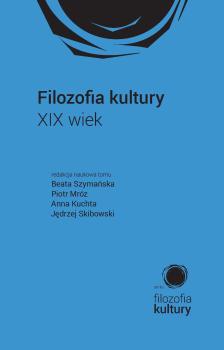Koncepcja wiary Johna Henry’ego Newmana jako przykład dziewiętnastowiecznej krytyki oświeceniowego racjonalizmu .......... 493
Streszczenie
Artykuł prezentuje wybrane aspekty filozoficznych i teologicznych poglądów Johna Henry’ego Newmana w ujęciu polemicznym wobec oświeceniowego racjonalizmu. W pierwszej części omawiam problem epistemicznego statusu przekonań religijnych: odnosząc koncepcję Newmana do zawartych w O pewności rozważań Ludwiga Wittgensteina na temat przekonań „zawiasowych”, wskazuję, iż odrzucenie podejścia zwanego ewidencjalizmem pozwala Newmanowi na zrównanie statusu owych przekonań ze statusem przekonań (zwykle) zaliczanych do wiedzy. Pozwala to na zniesienie ścisłego rozróżnienia między „wiedzą” a „wiarą”. Część druga, dotycząca relacji między wiarą a rozumem, przedstawia Newmanowską krytykę oświeceniowego rozumu jako „uzurpatora” w dziedzinie moralności i religii, ignorującego „dane” pochodzące z pozaracjonalnych źródeł, w szczególności „głos” sumienia. Krytykę tę jednak, jak sugeruję, łagodzi fakt, że połączenie przekonań religijnych ze sferą tego, co etyczne, pozwala Newmanowi zachować racjonalny charakter owych przekonań.





